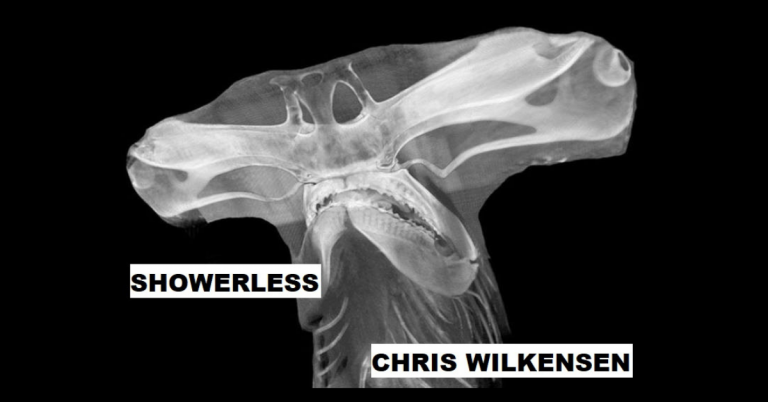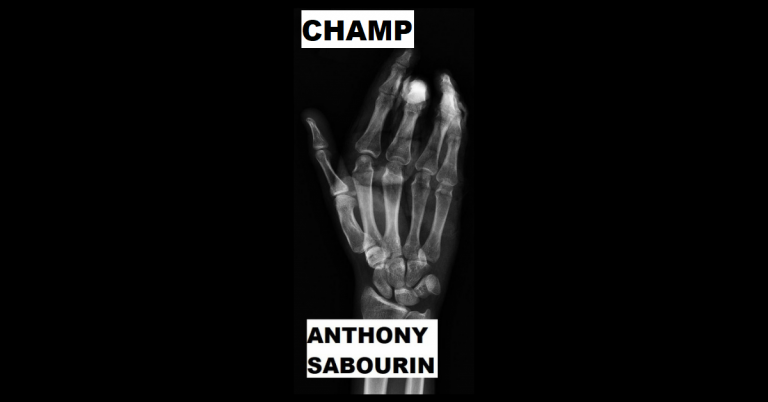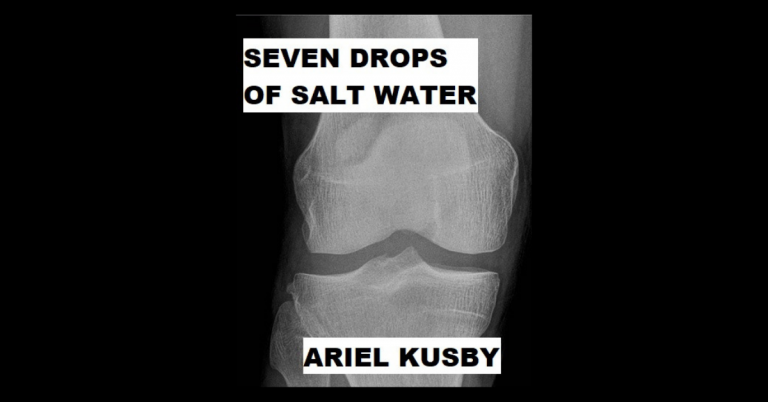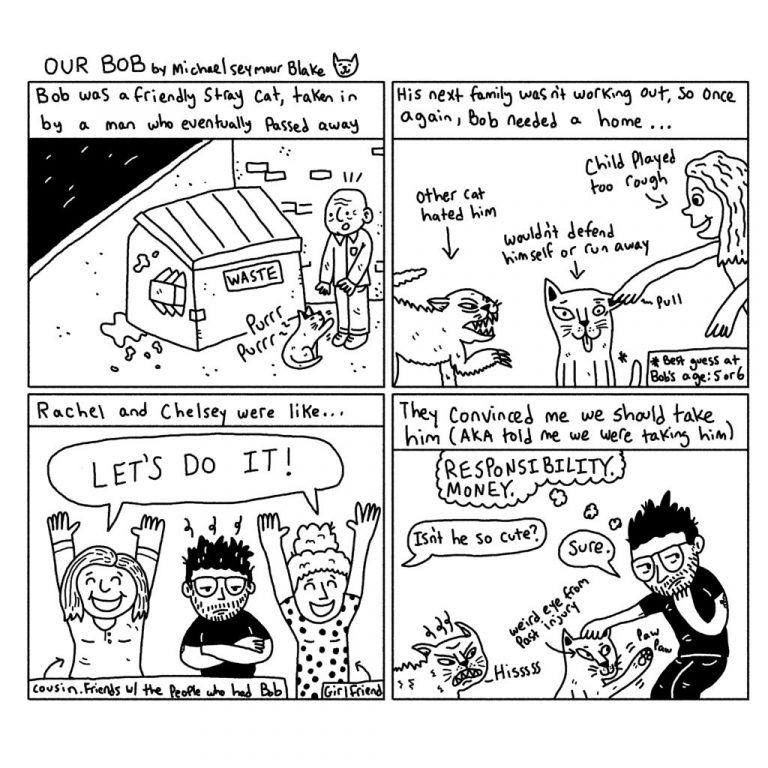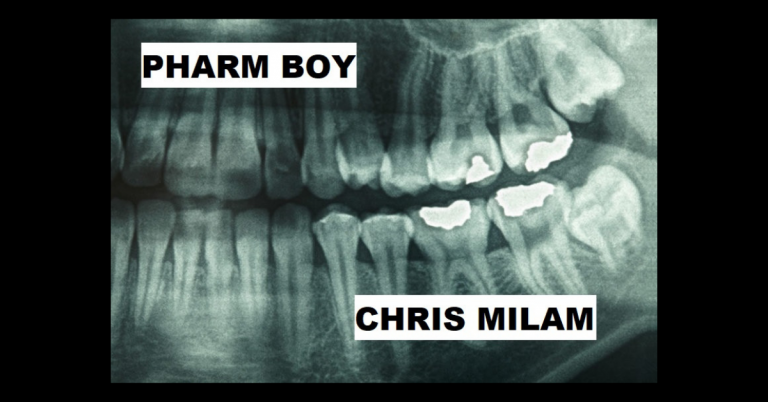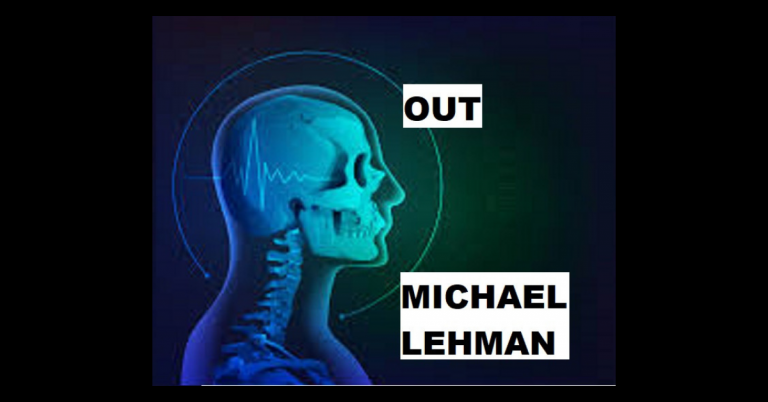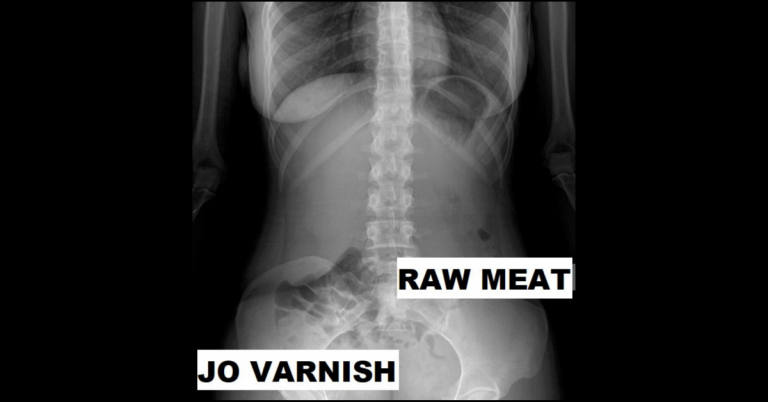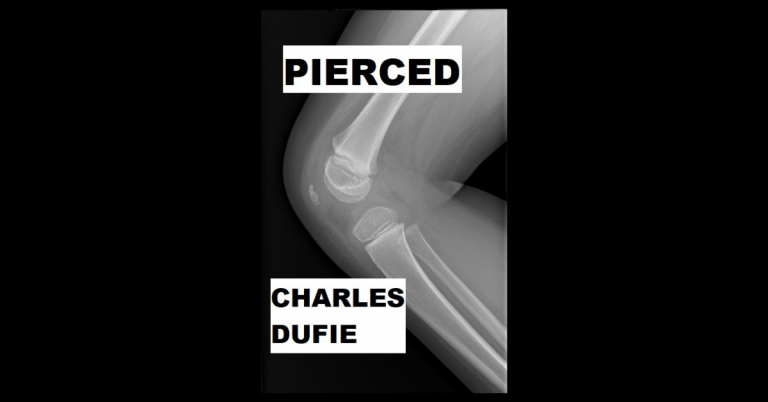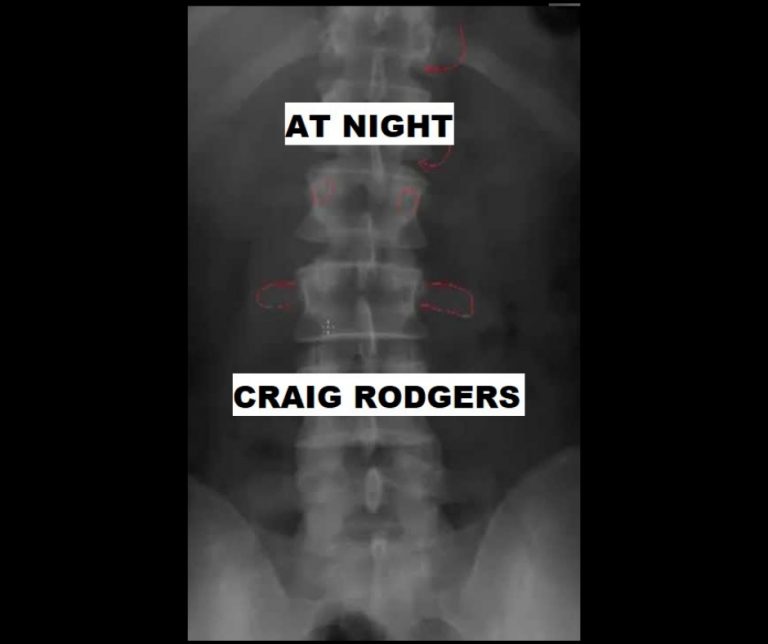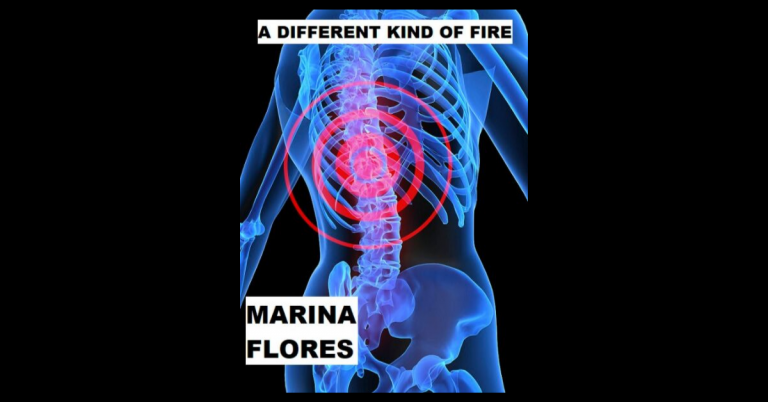
A DIFFERENT KIND OF FIRE by Marina Flores
Firefighters in reflective neon suits stormed into the blazing Texas Thrift Store as helicopters circled the building in surveillance. The flames that escaped from the structure’s openings whipped and stirred together like vermilion lovers beneath a glassy black sky. A generator on the roof of the thrift store flickered—once, twice, like the first few seconds after lighting a sparkler on the Fourth of July—seconds before an atomic cobalt and orange explosion. Fire swallowed the structure in one gulp, almost offended by the attempt to save the remains of the building with hose water. That night, not much light was needed

